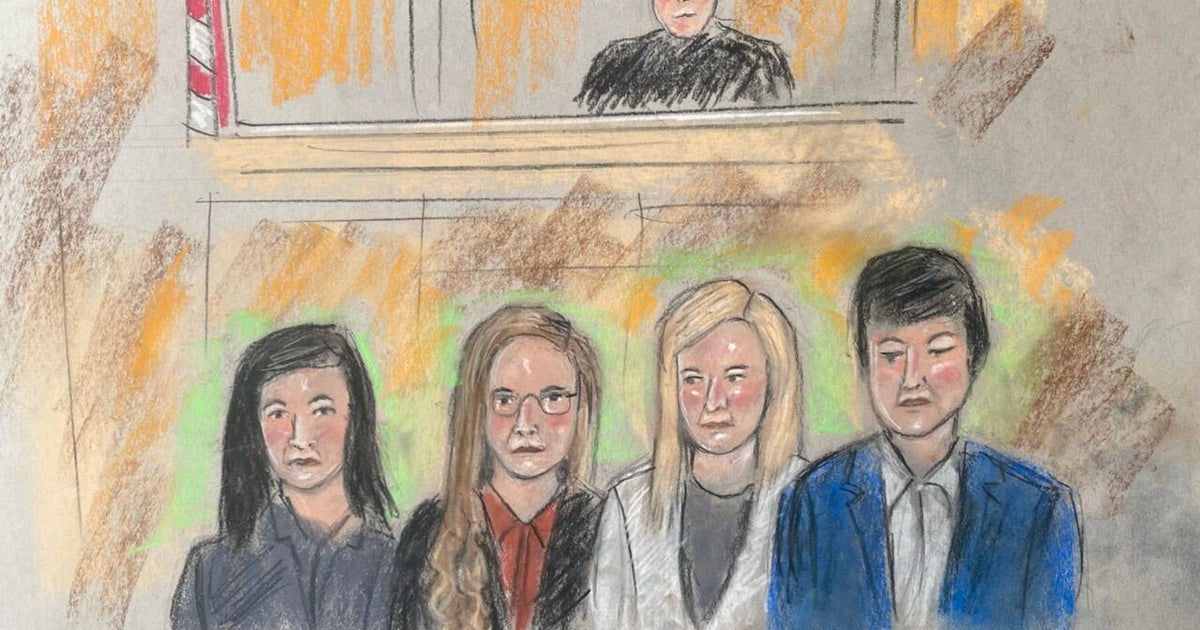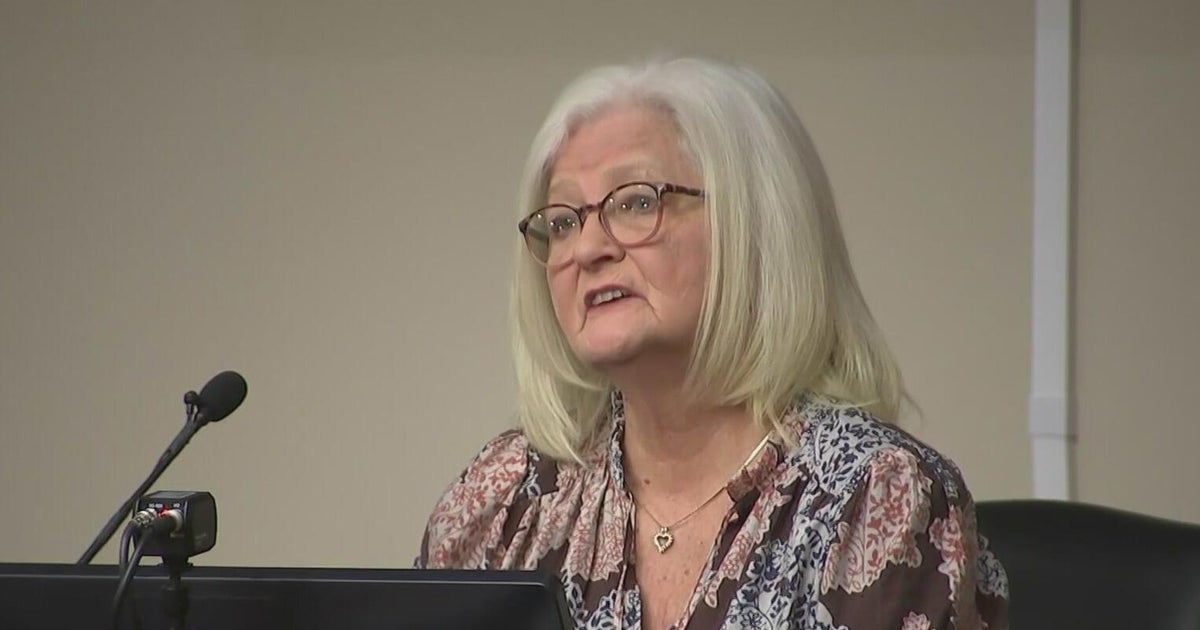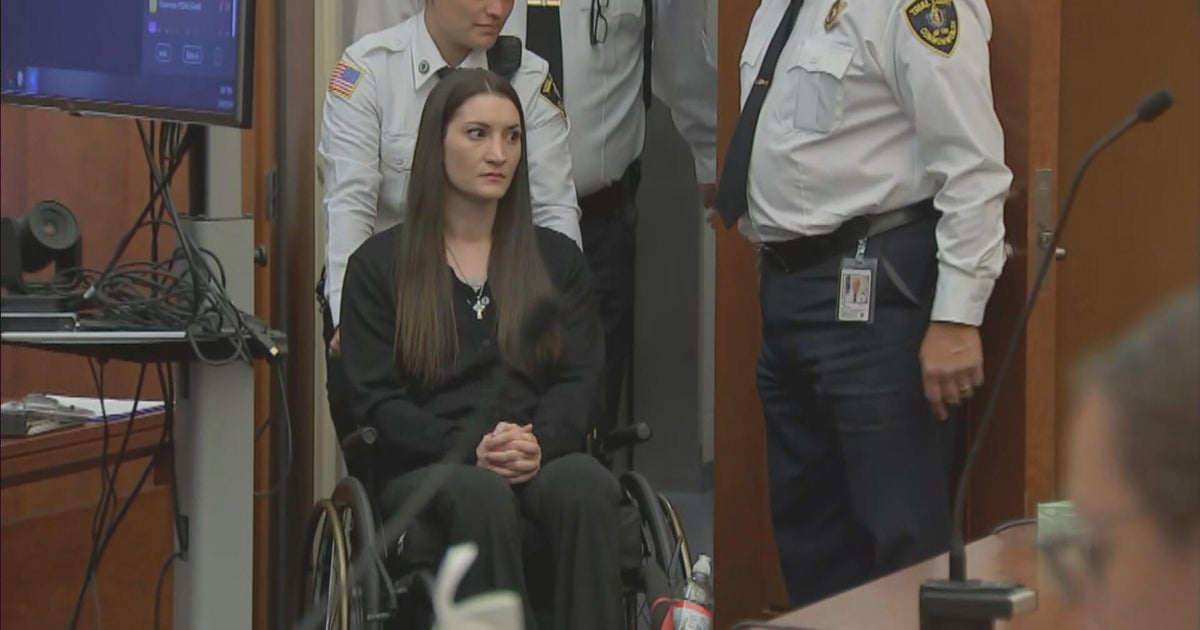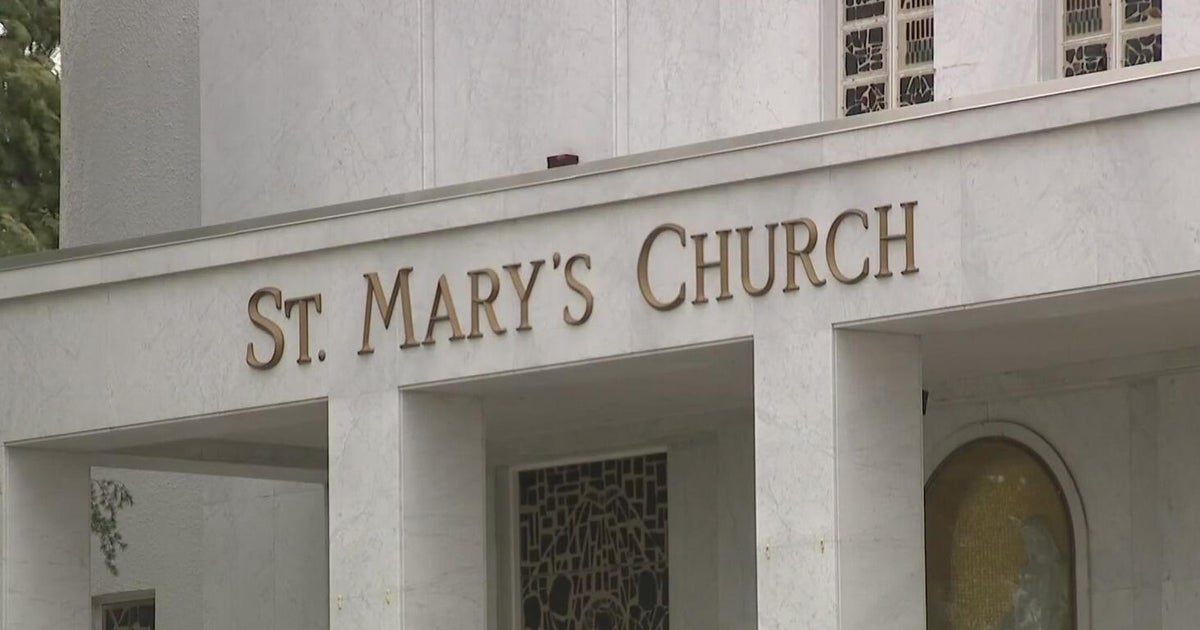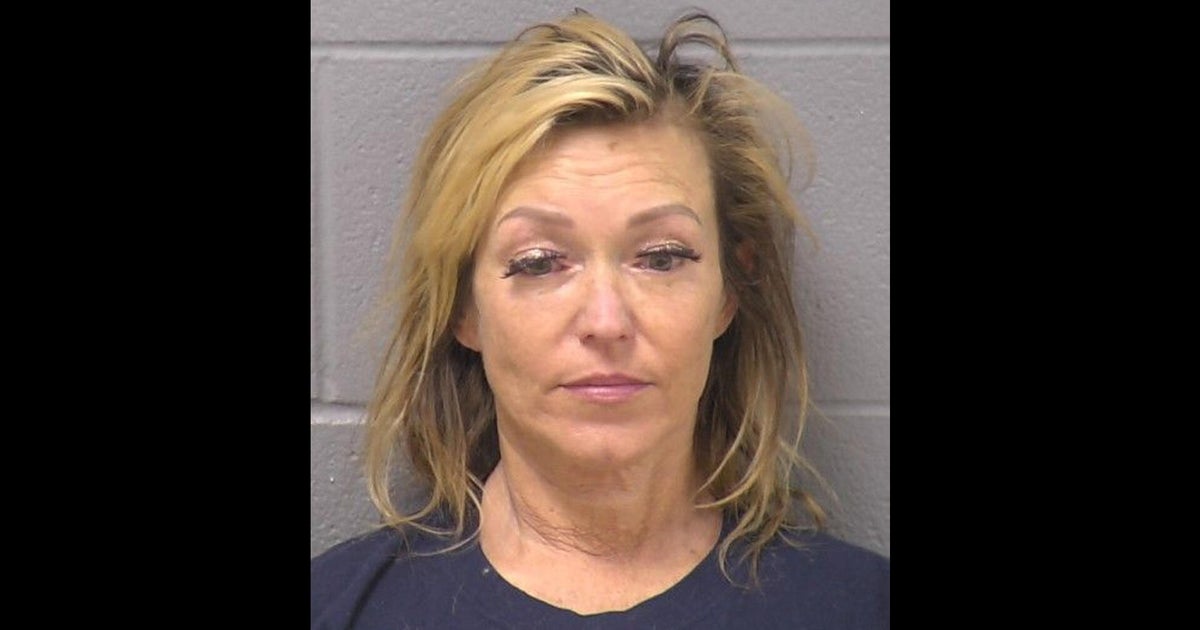Retired Judge Involved In Perjury Case
 State prosecutors are planning to call one more witness at a Detroit hearing that will decide if an ex-prosecutor, an ex-judge and two others face trial on perjury-related charges.
State prosecutors are planning to call one more witness at a Detroit hearing that will decide if an ex-prosecutor, an ex-judge and two others face trial on perjury-related charges.
Larry Dubin of the University of Detroit Mercy law school is likely to be asked about the responsibilities of lawyers and judges on Tuesday.
Retired Wayne County Judge Mary Waterstone, ex-prosecutor Karen Plants and two Inkster police officers are accused of crimes for their actions in a 2005 drug case.
A man who was a paid police informant said Monday he was repeatedly told to lie about his role when testifying in court in 2005 about the seizure of 103 pounds of cocaine in suburban Detroit.
Chad Povish was the most important witness as a judge began hearing evidence to determine whether a retired judge, a former prosecutor and two Inkster officers will go to trial on perjury-related charges arising from that drug case.
Povish said the message from then-prosecutor Karen Plants was clear: ``I didn't know either of the officers.''
But in fact, Povish tipped Inkster police to the big stash and was arrested with the alleged kingpin, Alexander Aceval, to further cover up his role. But when Aceval went to trial, that was never disclosed to the defense.
There is no dispute that Waterstone had private meetings with Plants to discuss Povish's testimony. The former judge has admitted allowing the lies but claims it was done to protect the informant.
Plants has said she would handle the case differently now. ``Allowing false statements is wrong,'' she said in a 2006 letter to the Michigan Attorney Grievance Commission.
Criminal charges against Plants, Waterstone and the two officers, Robert McArthur and Scott Rechtzigel, were filed in March 2009, but a series of appeals had held up the case for more than a year. They have pleaded not guilty.
Povish said he was paid $4,500 for his work on the Aceval case but was hoping for $100,000 or more, based on assets that were supposed to be seized by police. He said he's consulted a lawyer about suing to get a larger bounty.
He faced some tough cross-examination, mostly from McArthur's lawyer, Douglas Gutscher, who noted inconsistencies between Povish's recollections from 2005 and more recent statements to state investigators.
Povish said he has been granted immunity by the state attorney general's office for his lies at the 2005 trial.
Judge David Robinson Jr. of 36th District Court could decide by Tuesday whether Plants, Waterstone and the officers face trial. The threshold to order a trial is probable cause, a much lower standard than beyond a reasonable doubt needed for any conviction.
Aceval's cocaine trial ended in a mistrial, although not because of perjury. He later pleaded guilty and is in a state prison until at least 2015. He's now trying to get the plea thrown out on grounds that it was part of a tainted legal process.
© MMX WWJ Radio, All Rights Reserved. The Associated Press contributed to his report.
